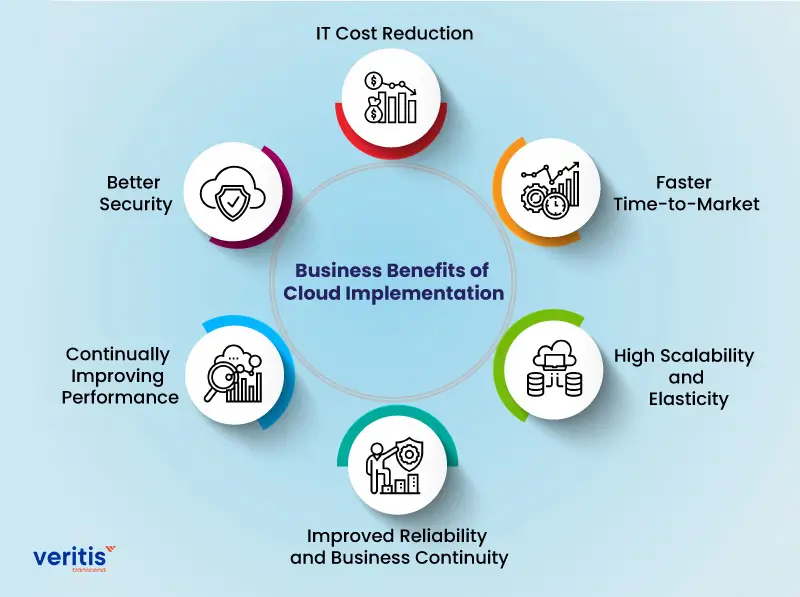Cloud computing has become a crucial tool for companies trying to improve their operations, teamwork, and data management as a result of the continuous digital revolution. But when it comes to using cloud solutions, security is a top worry for organizations due to the rise in cyberattacks and data breaches.
Protecting sensitive data and ensuring business continuity require the use of secure cloud solutions. This article will examine the value of safe cloud solutions for companies and provide advice on installation best practices and tactics.
The Value of Safe Cloud Computing
Maintaining consumer confidence and safeguarding sensitive corporate data require the use of secure cloud solutions. The following are some advantages of using secure cloud solutions:
- Safeguarding delicate information
- Adherence to industry rules
- User identification and secure access control
- Business continuity and disaster recovery
- Economical data management and storage.
The Best Ways to Put Secure Cloud Solutions Into Practice
Evaluation of Security Risks
Before putting cloud solutions into practice, companies need to evaluate security risks and weaknesses thoroughly. This entails spotting possible dangers, assessing the effectiveness of current security protocols, and comprehending how data breaches affect the company.
Data Privacy and Encryption
To safeguard and ensure the privacy of data, encryption methods must be used for both data in transit and at rest. To stop unwanted access to sensitive data, businesses should also think about putting strong access controls and user authentication methods in place.
Compliance with Industry Standards
For companies in regulated industries, complying with industry-specific compliance standards like GDPR, HIPAA, or PCI DSS is crucial. These requirements should be adhered to by cloud solutions in order to secure sensitive data.
Awareness and Training on Cloud Security
It is essential to provide staff members the required training and awareness campaigns on cloud security best practices. Workers should get training on identifying and averting security risks, such as social engineering schemes and phishing scams.
Statistics and Case Studies
A Gartner analysis predicts that until 2025, customers would be at blame for 99% of cloud security incidents. This emphasizes how crucial it is to have best practices and safe cloud solutions in place to lessen the likelihood of security breaches.
A financial services organization that suffered a data breach as a result of inadequate cloud security measures is one noteworthy case study. In order to secure sensitive client data after the hack, the firm put in place thorough encryption, access limits, and frequent security assessments.
In summary
Businesses must use secure cloud solutions in order to preserve compliance, secure data, and preserve their brand. Businesses may reduce the risk of data breaches and cyberattacks in the cloud by adhering to best practices, carrying out in-depth risk assessments, and funding staff training.
Q&A
Q: What are some typical obstacles to putting safe cloud solutions into practice?
A: Upholding industry rules, controlling access restrictions, and protecting data privacy are a few frequent problems.
Q: How can companies guarantee continuous cloud security?
A: Organizations may guarantee continuous security by performing audits, upgrading security protocols on a regular basis, and keeping abreast of best practices and new threats.

